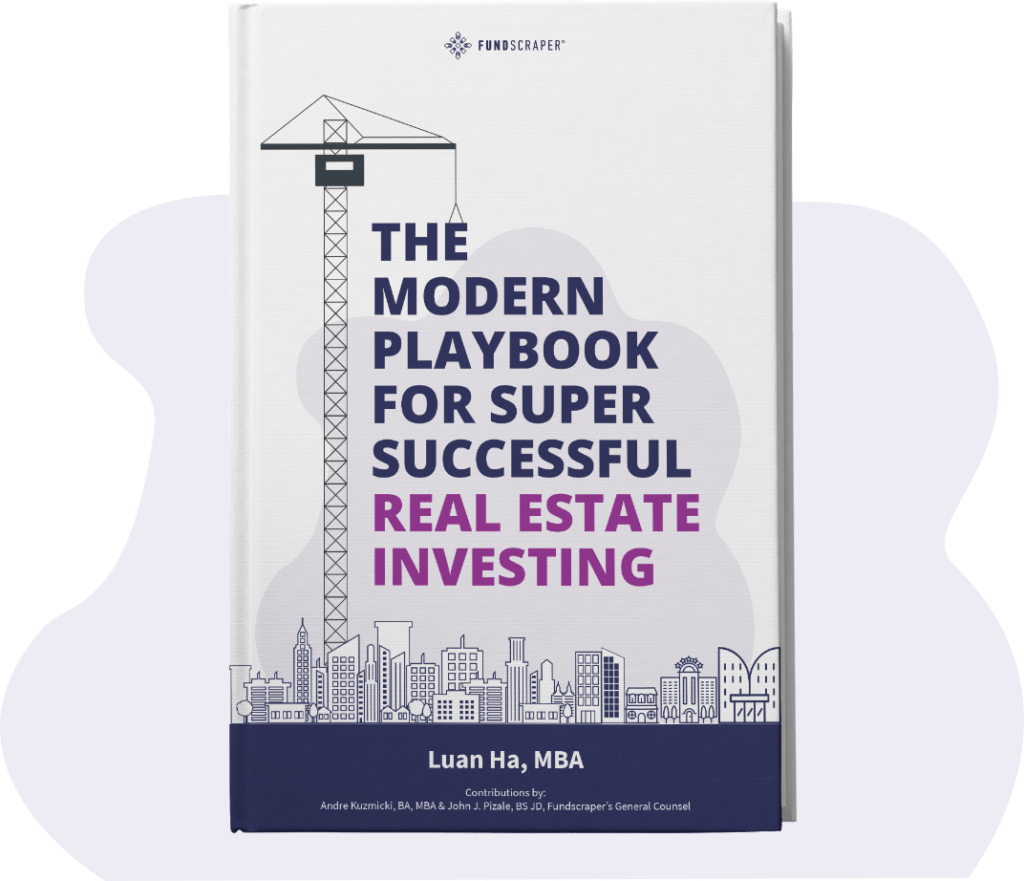Asset managers of private mortgage investment entities often pose the following question: “Do I need to be registered with the securities regulatory authorities to openly discuss my product offering?” It depends: Are you advertising, or are you advising? An issuer can certainly tell the world what it has to offer; advertising by itself is okay. But it’s important to exercise caution.
Key Points
- The regulator’s primary concern is advertising or promotion that is (i) unbalanced and misleading, (ii) selective and/or (iii) misuses of future oriented information. Any advertising that misrepresents and manipulates information
- An “adviser” is defined by the Securities Act (Ontario) to mean a person or company engaging in or holding himself, herself or itself out as engaging in the business of advising others as to the investing in or the buying or selling of securities.
- The issuer who elects to be a dealer, either through registration or by way of an ICDR, increases its regulatory liability. Retaining an independent securities dealer will always be the better practice and, in many instances, likely cheaper.
Advertising and advising are not the same thing.
Why are regulators concerned about advertising?
The regulator’s primary concern is advertising or promotion that is (i) unbalanced and misleading, (ii) selective and/or (iii) misuses of future oriented information. Any advertising that misrepresents and manipulates information — such as exaggerated and unsubstantiated performance claims or unrealistic hypothetical performance scenarios — raises red flags.
Regulators are also concerned if the issuer is acting in the capacity of an “advisor” to persons to whom they are advertising their wares. Depending on what exemptions are relied upon, only certain people can participate in certain transactions. For this reason, private issuers have to be very careful to whom they sell their security. Complicating the matter more, simply because someone is able to purchase the exempt security, does not mean it is suitable for that person. Thus, advisors must first determine if a proposed purchaser is qualified, then whether the investment is suitable for them.
What is advising?
An “adviser” is defined by the Securities Act (Ontario) to mean a person or company engaging in or holding himself, herself or itself out as engaging in the business of advising others as to the investing in or the buying or selling of securities.
Whether or not a firm or individual ought to register, the regulator will look for certain “triggers” for registration. The list is non-exhaustive, but includes the following:
- The firm or individual holding itself out as being in the business of buying and selling or advising on the buy and sell of securities
- The firm or individual acting as an intermediary – a broker – between the issuer and the buyer/seller
- The firm or individual regularly trading or advising in any way that produces profits to be for a business purpose
- The firm or individual receiving any form of compensation for carrying on the activity
- The firm or individual contacting anyone to solicit securities transactions or to offer advice may reflect a business purpose
Anyone found to be in the business of advising must be registered with the regulatory authorities. In Ontario, that’s the Ontario Securities Commission.
What is solicitation?
The word “solicitation” is used in two ways. In the most general usage, “solicitation” means making potential purchasers aware of a given product. There is no law prohibiting an asset manager from boasting about their product (provided the boast is truthful) or contrasting their investment product to others in the marketplace (provided it’s not misleading).
Solicitation becomes a trigger when it evolves from product promotion to subscriber conversion. When the promoter engages a person with the goal of having that person subscribe for units, then the promoter is dealing in securities.
There is a clear distinction between advertising and advising or product promotion and subscriber conversion.
How can I ethically convert subscribers?
These considerations aren’t meant to deter you from converting subscribers! We want to make sure you understand how to go about it ethically. When it comes to subscriber conversion, asset managers have three options: (i) hire a registered dealer, (ii) apply to become a registered dealer themselves, and (iii) have a “connected” dealing representative (generally an employee of the asset manager who is qualified to be a dealing representative) sit on the desk of a securities dealer and process only those trades of the asset manager.
Hiring a registered dealer vs becoming a registered dealer
The purpose of hiring a registered dealer is to offload the regulatory burden (and the concurrent liability) that attaches to solicitation for trading. The scope of the retainer will be determined by the services required . Many managers simply require a dealer to process subscribers. The retainer may be broader, including soliciting new clients, providing services, and curing prior deficiencies.
The dealer has two jobs: confirm the proposed subscriber is actually qualified to participate in the exempt market and assess whether the investment is suitable for the proposed subscriber. It is with respect to suitability assessment that most issuers fail in the eyes of the regulator. As conflict is so apparent, the presumption is that it cannot be done in a properly disinterested fashion.
Issuers may also seek to become registered with the regulatory authority to advise on security. It requires a terrific amount of work, time, and money. There are a lot of hoops to jump through, and once everything is in hand and the requisite documents are filed, it may take anywhere from four to eight months to be issued a license.
Advertising crosses the line into advising when the focus shifts from general product promotion to individual subscriber conversion.
Working with a connected dealer representative
In the last couple of years, the regulatory authorities have begun to permit issuer-connected dealer representatives (ICDRs). An ICDR is a dealing representative who is connected with one issuer only and registered with a registrant. Generally, an ICDR is an employee of the issuer who has taken and passed the courses necessary to be a dealing representative.
At the end of day, the issuer ends up with the worst of both worlds: it is now paying a dealer a “desk fee” (in the place of commissions, etc.) and still risks the possibility of being shut down if their own ICDR makes a mistake.
The issuer who elects to be a dealer, either through registration or by way of an ICDR, increases its regulatory liability. Retaining an independent securities dealer will always be the better practice and, in many instances, likely cheaper.
It’s perfectly legal for a private issuer to advertise its wares. The ordinary rules governing advertising also apply in the securities industry: be truthful, do not mislead. There’s a fine line between product promotion and subscriber conversion, and there’s nothing wrong with seeking advice from the pros. An independent exempt market securities dealer like Fundscraper can help you develop and deploy effective marketing campaigns to attract qualified subscribers.










